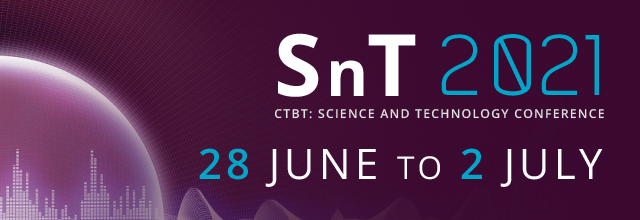Speaker
Description
With a strong mandate to sustain high annual data availability throughout the IMS network, IMS/ED launched the initiative to design the next-generation IMS power systems to strengthen IMS stations’ resiliency to catastrophic failures, often arising from power-related issues. Five standardized IMS power system prototypes were developed, certified, and subjected to throughout factory-acceptance testing. The developed next-generation IMS power systems are based on the open system architecture concept, utilizing ad-hoc selection and substitution of various power sources and power system components derived from the environmental demands and logistical restrictions present at the station location. These purpose-built, yet standardized power systems thus adapt to the site-specific input and output requirements, without requiring extensive redesign and cost when deployed at other stations throughout the IMS network. The high degree of standardization simplifies installation, maintenance and future upgrades as components can be freely interchanged throughout their life cycle without impacting the overall system.
The new IMS power systems are currently undergoing long-period testing in field conditions at the FACT facility at Sandia National Laboratories, with further tests scheduled at a test site in Alaska in 2021. The drafting and release of the IMS Power System Guidelines documentation is underway.
Promotional text
The main intent of this topic's submission is to share the experience and lessons learned from the development of the power systems, which are not only specific to the IMS, but have a wider reach of applicability and interest to perhaps other attendees of the SnT conference.

